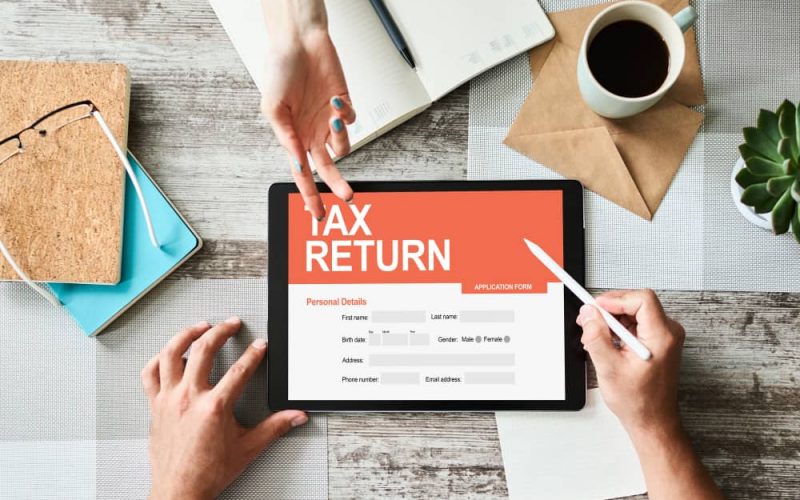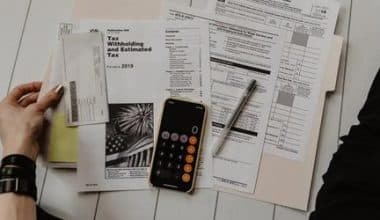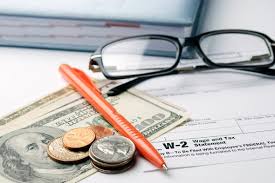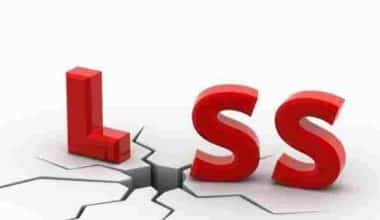If you’re self-employed, your taxes will not be deducted automatically from your net income, so you should do them yourself. That requires you to be responsible and willing to pay your taxes on time, even if you know the road to preparing your self-employed tax returns will be difficult.
Everyone knows the tax year is busy whether or not one is self-employed. You’ve got to keep an eye on your finances, bookkeeping, and accounts to ensure everything runs smoothly along the way. You can choose to engage a small business accountant to help prepare your tax returns. Or you could prepare the tax returns on your own. However, completing this task requires you to be extra careful and have the know-how.
So, if you want to know how to prepare tax returns as a self-employed person, this article is for you! It’ll help you through everything you need to learn. That’s from organizing your receipts and ensuring they’re for legitimate expenses.
Here’s how to prepare tax returns as a self-employed person:
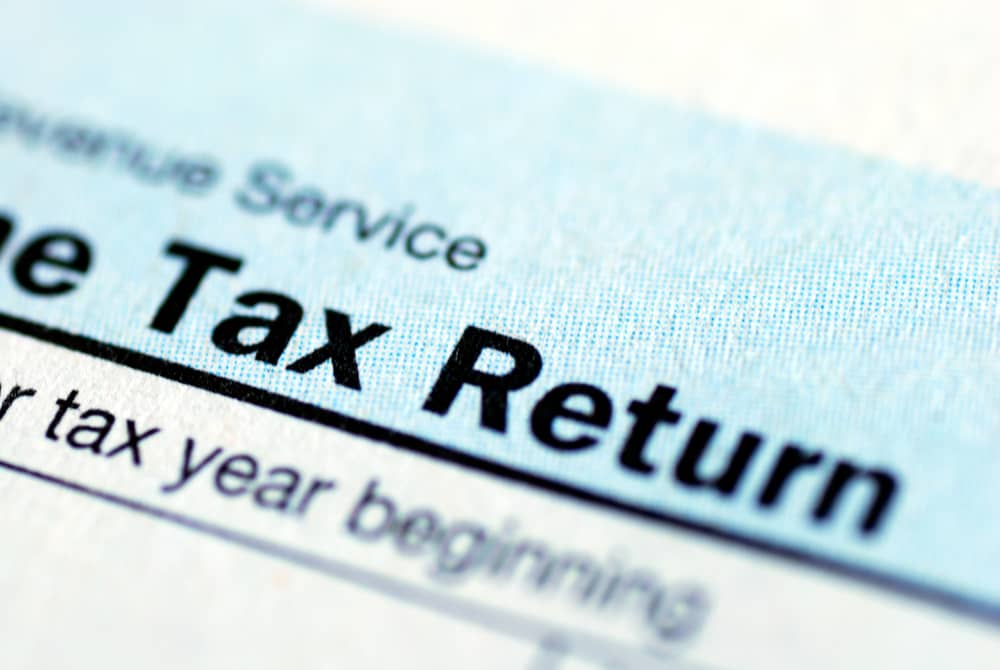
- Get Organised
As a self-employed person, you’re responsible for keeping excellent and clear records. This can be challenging because it’s sometimes not obvious what information you need to record and what should be filed away in your filing cabinet or electronic files.
However, you need to stay organized, whether you’re doing your own tax returns or hiring someone to do them for you. If you hire someone to do the work for you, they’ll also require you to provide valid personal and business tax forms. For example, if you’re a sole proprietor, you have to have compensation forms, health care tax forms, mortgage tax forms, and other necessary documents.
Keeping these forms on hand can assist you in remaining organized and efficient. For example, if you have tax forms and receipts for all of your expenses, preparing your tax return at the end of each fiscal year will be easier. Besides this, if something goes wrong with one of those expenses later on, such as an insurance claim, having all of these details together will make dealing with insurance companies or banks much easier. So, you should be organized for tax season by keeping all of your documents in one place.
- Finish Your Bookkeeping
If you’re a self-employed person, you’re responsible for closing out the books for the previous year to help account for the new year. That means you have to ensure that your financial data is up-to-date. Your financial data includes your income and expenses, so you should record and file them all. You can use information from your receipts, invoices, business cards, letters, and emails you have received from suppliers or customers. All this info will help you clear out all existing arrears so that you start a new financial year on a fresh page.
- Reconcile Your Accounts
You should also reconcile your accounts when preparing your tax returns as a self-employed person. In the reconciliation process, you should compare your bank statements and receipts with your accounts.
It’s a good idea to reconcile your accounts every month, as it’ll help you spot any discrepancies in your finances quickly, which also helps you avoid overpaying taxes. Once you spot any discrepancies, you’ll have to look for supporting evidence to help you correct your accounts. So, you don’t have to skip this process, as it’ll show you how correct the information you’ve gathered is before making payments.
- Log In Your Business Mileage
You’ll need to keep a mileage log for each business trip. This should include the date of the journey, the destination, the purpose of each journey—for example, visiting clients or attending meetings—and how far you traveled. To make this process easier, you could use your odometer readings.
If you use your car for work purposes, record its total mileage each year. If someone else drives it for business trips, they can help by keeping their own records too. You may also be able to claim back some costs made at home; check whether this applies in your case before claiming it as an expense.
- Record Office Expenses
It’s important to keep a record of all your office expenses so that you can claim them on your tax return. As mentioned before, keep receipts for all business purchases and services because that’ll make it easier for you to determine what deductions are available.
Also, remember any other expense that is not directly related to earning income from self-employment but has been paid by or on behalf of an individual in order for them to carry out their duties as an employee, such as subscriptions.
- Register For Self-Assessment
If you’re self-employed and intend to file your tax returns, register for self-assessment with the tax, payments, and customs authority. When registering, make sure to include your full name, current address, and any other information that’s required. Overall, it’s important to ensure that you register as a way to prepare yourself for tax returns as a self-employed person.
- Fill Out Your Self-Employed Tax Return
The final step will be to complete your tax return. If you’re filling out an online form, ensure the personal information you provide is correct. Following that, you can enter your revenue and tax-deductible expenses and go back to double-check your tax return. Double-checking will help ensure you do not send incorrect information, which could result in overpaying your taxes.
Conclusion
Doing business requires you to take on a lot of responsibility. That’s especially true when you are a self-employed person, as you’ll have to handle all of the processes yourself. So, if you’re self-employed, you should always be organized and keep up with your finances. The last thing you want is something to slip through the net and cause problems with your tax returns later. If you think you’ve got a lot of pressure to handle, hiring a small business accountant to handle some of your tax return needs for you would be a great idea.
- SELF EMPLOYED 401K: Definition, Limit & How to Get It
- RETIREMENT PLANS FOR SELF-EMPLOYED: A Guide to Identifying the Best Retirement Plan for Self-Employed 2023
- What Can I Write Off On My Taxes In 2023? (Detailed Guide)
- SELF-EMPLOYED RETIREMENT PLANS: Best 2023 Picks, Comparisons & Reviews
- What Can I Write Off On My Taxes In 2023? (Detailed Guide)
- How Long To Keep Tax Records? All You Need To Know
